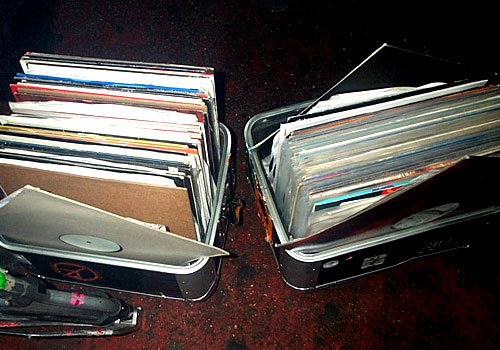
There are a number of ways you can record an event or if your a musician, package your music to give your fans context and background around your music. The simple way to voice audio for a podcast if you don't have access to a studio is to buy a mini-disc recorder or portable hard disc recorder such as an iRiver – I recommend mini-disc as it’s a proven format and most of the domestic machines are very good and easy to use. Saying that I've noted it's getting harder to actually buy mini-disc recorders, but ebay has a few. Your also going to need a microphone and really you need to spend at least the same amount of money on your mic as on your minidisc, i.e. over £100 which seems a lot but will get you a decent mic. Best thing is to go into the best audio equipment shop close to you tell them what you want; with £100 in your pocket you’ll get a good mic, or if they recommend something more expensive check online to see if you can get a better deal! Common sense I know. It’s more important to spend money on the mic, the minidisc or recorder is less important.
If you are recording live events all you will need is a stereo to mini-jack cable which you can buy for a few pounds in any hi-fi shop, this you use to plug your mini-disc into the desk. Every desk has an analogue output, and every engineer or techy person will understand what you’re on about if you ask for your mini-disc recorder to get a ‘mixed’ line out. Be aware you might need to mic the audience, otherwise you’re just getting voices through the PA system and you loose a lot of the audience reaction unless it’s very loud and you’re in a small venue. Again the person in charge of the PA system will know what your talking about if you say confidently “let’s mic the audience!”.
Podcasts can be any length but on average they work out at 30 – 50 minutes in their longer form and 10 – 15 minutes in the shorter form. You might want to record an interview with an artist or you might want to record and introduction to give context to your music, an event or performance. With your mic and mini-disc this is pretty simple but a good radio producer will record these before the event in the same space when it is quiet, this way you keep a sonic continuity in your final recording.
Right you've bagged your audio, next step is to cook these great ingredients!

No comments:
Post a Comment